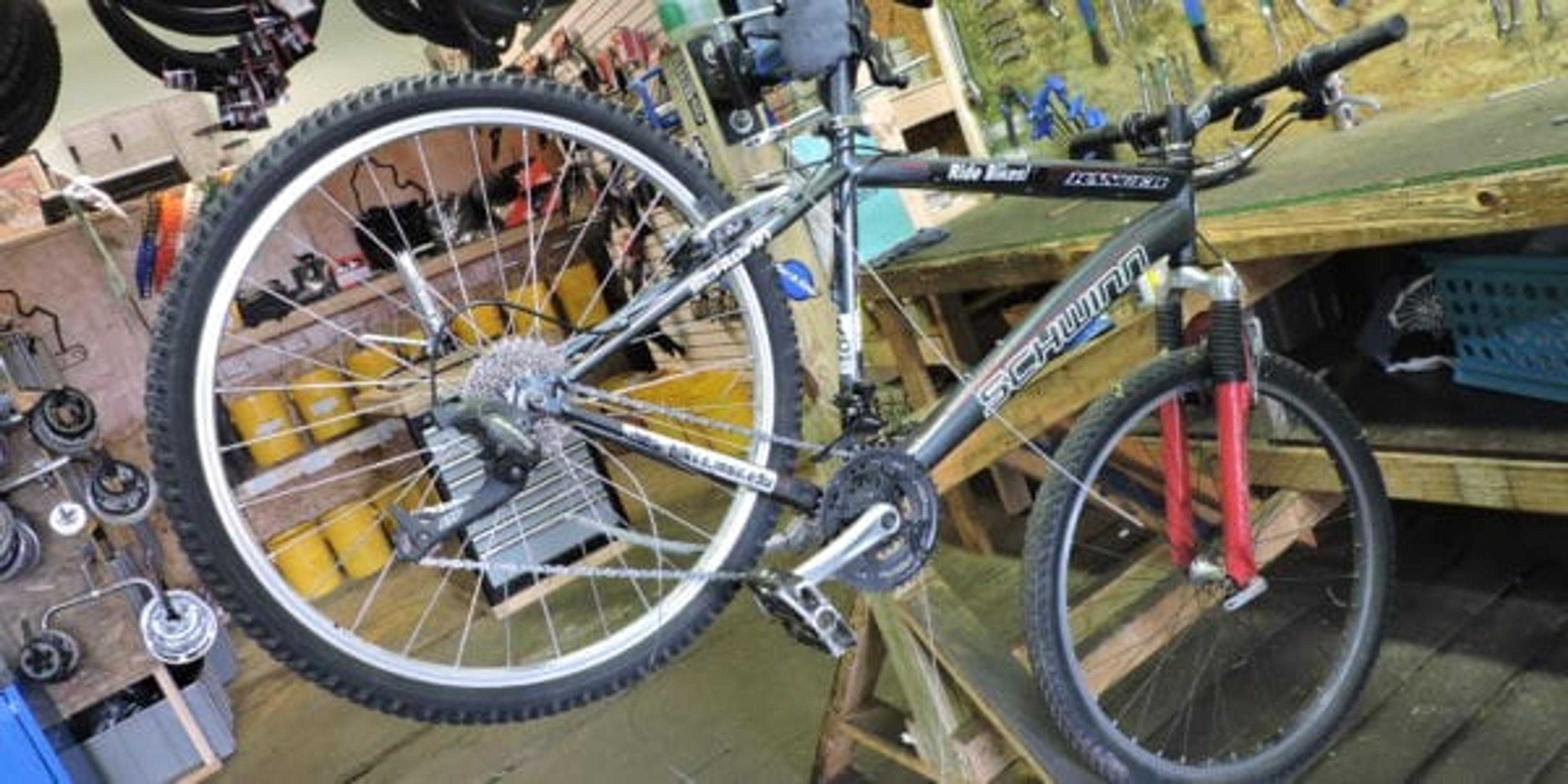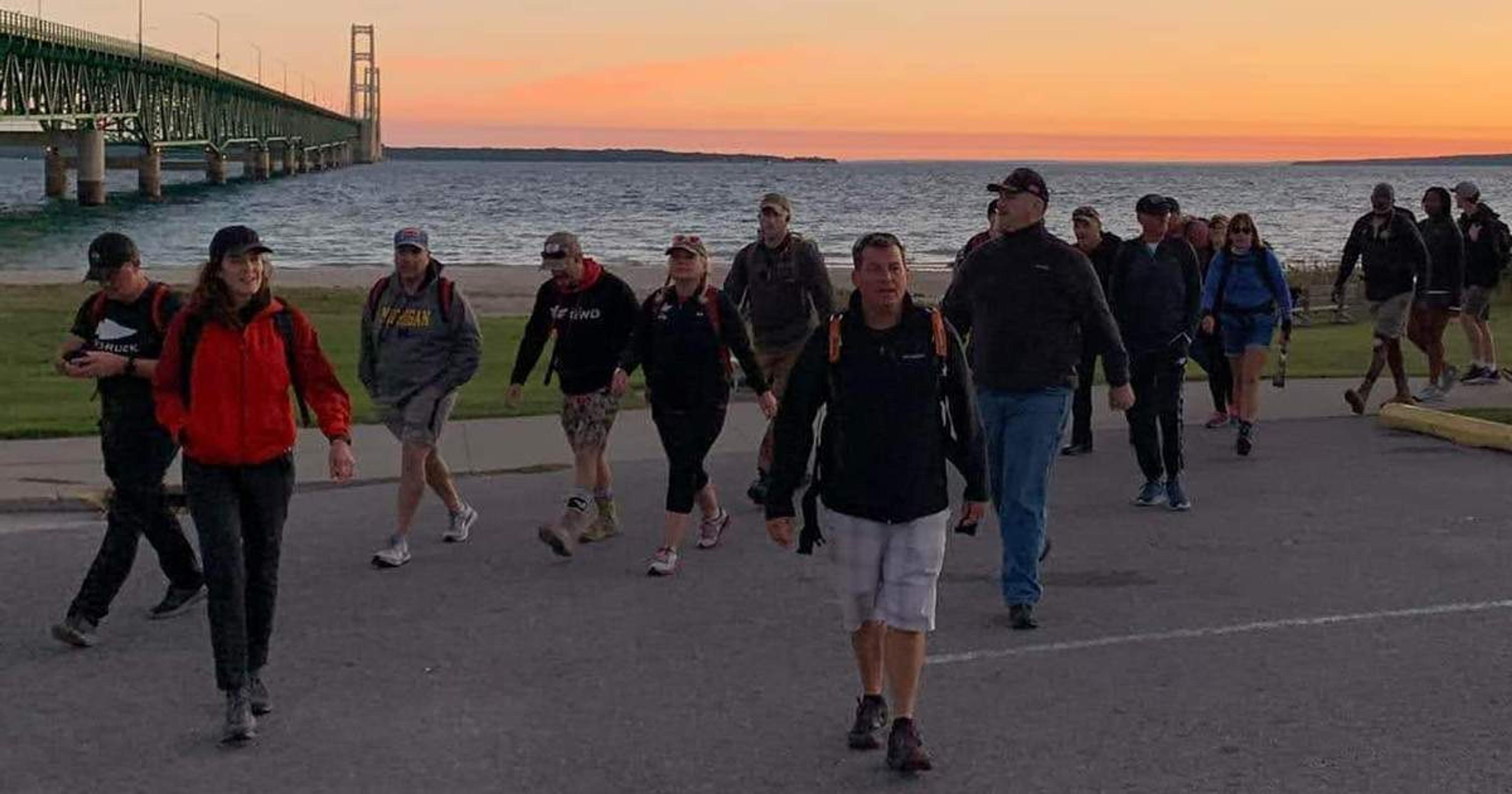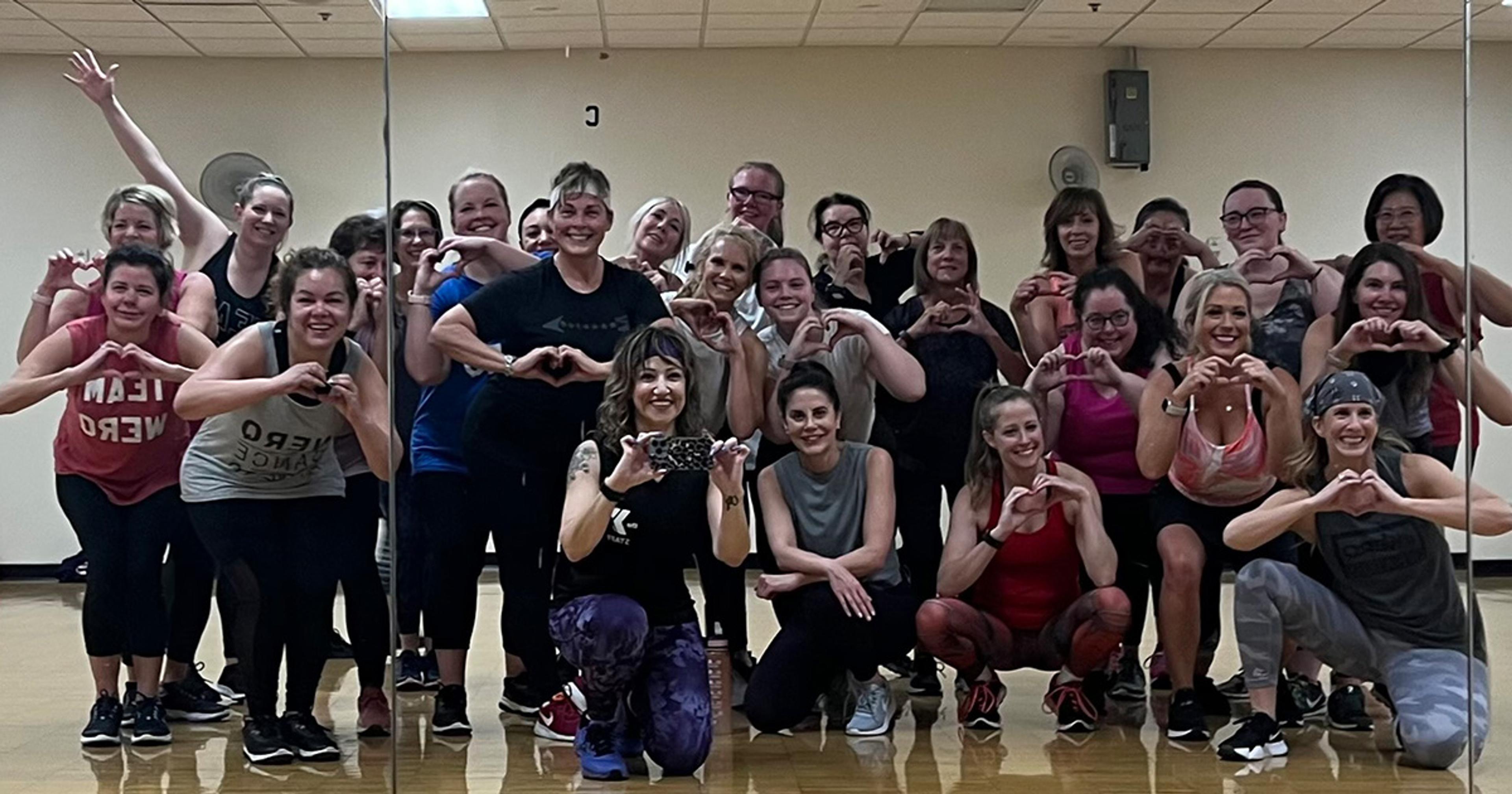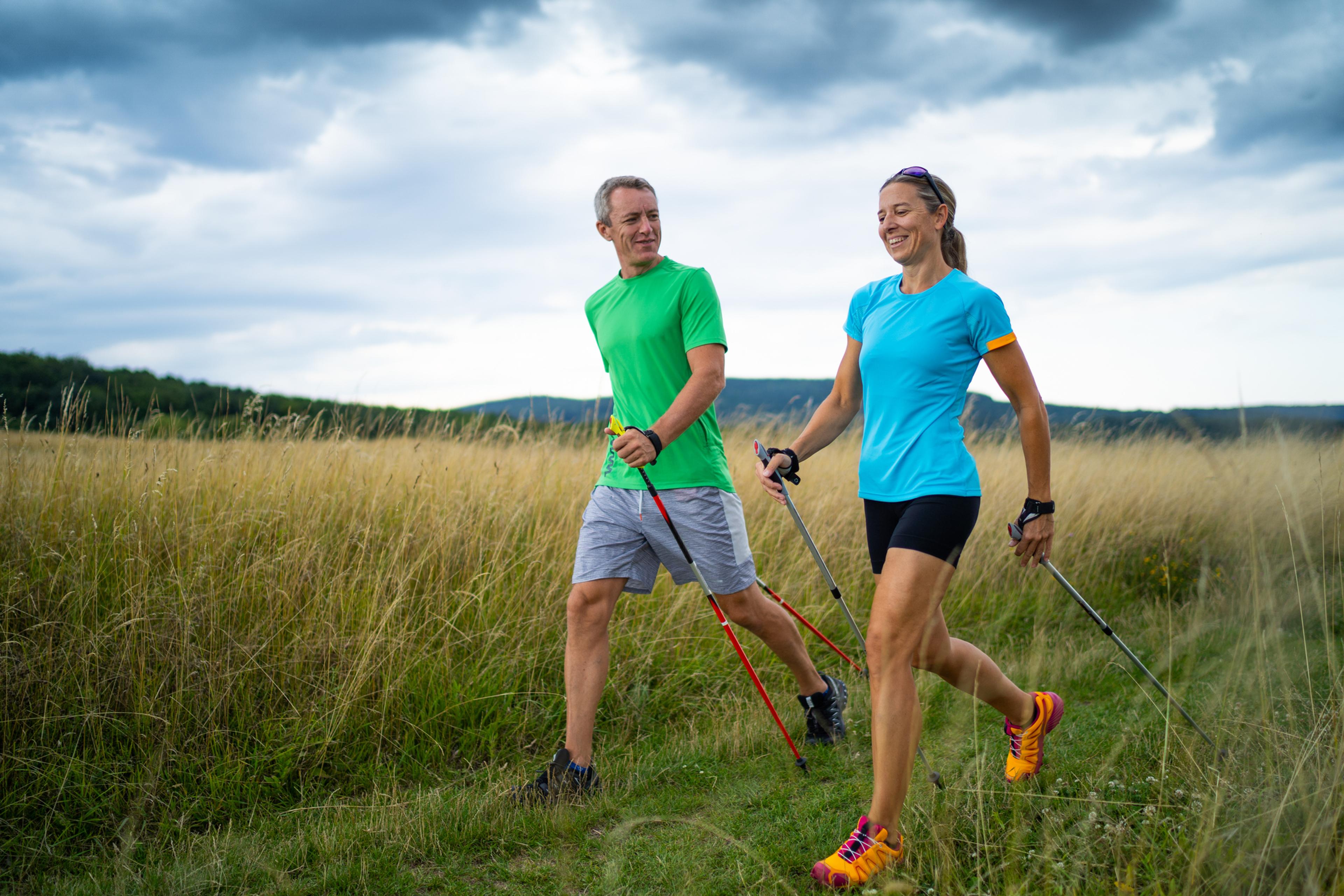Ride On: Grand Rapids is Working to Make Bicyclists Feel at Home

Julie Bitely
| 4 min read

Bike sharing, repair stations, and miles of dedicated street lanes are just a few signs that Grand Rapids is ready to embrace cyclists downtown.
A proposed GR Forward plan aims to “create the most bicycle friendly downtown in the Midwest.” In the past five years, the city has gone from zero miles of bike lanes to 70, with a goal to eventually have 100 within the next few years.
There are over 1,000 dedicated bike parking spaces in the city, with more in the works. Bike repair stations and lockers were installed at various locations in the city earlier this year. This summer, an app-based bike sharing service launched so people can conveniently get around downtown on two wheels. The Grand Rapids City Commission will soon consider an amendment to its bicycle ordinance with five provisions that would make riding in the city safer.
Jay Niewiek is executive director at the Spoke Folks, a bicycle co-op in downtown Grand Rapids. At the Spoke Folks shop, residents can stop in to learn about and get help with bike repair, pay a $50 annual membership fee or $5 drop-in fee to use the equipment at the shop, or purchase refurbished bikes. The shop was also hired by the for-profit company that started the bike-sharing service in the city using a Spokefly app as the bike repair and maintenance arm of the operation.
![DSCN2575[1]](https://cdn.sanity.io/images/ruord509/production/4eb911d22c8123411e68411d2a97a1ab4a216ba5-1200x900.jpg?w=3840&q=75&fit=clip&auto=format)
Niewiek is encouraged by the growth he’s seen in the Grand Rapids biking community. He started the co-op three years ago to make biking more accessible to everyone. Last year, the shop sold 95 bikes and completed more than 600 repairs. Whether it’s a college student looking for affordable transportation, a low-income resident wanting a way to get to work, or a family looking to get more active without spending a fortune, the Spoke Folks doors are open to everyone.
“We should all have resources to help us reach our life goals,” he said.
Jay Fowler recently took over as interim director for the Greater Grand Rapids Bicycle Coalition. He previously served as executive director of the City of Grand Rapids Downtown Development Authority from 2003 to 2012 and worked for many years as an urban planner for the city.
He said trails converted from old railroad lines, such as the White Pine trail to Cadillac, the Musketawa trail to Muskegon, Kent trails south of the city, and the Paul Henry Thornapple trail to the southeast make Grand Rapids a great place for bikers.
“Michigan has more trails like that than any other state,” he said. “Grand Rapids is the hub of that activity because so many rail lines had a terminal in Grand Rapids.”
The coalition is part of a partnership working on a bicycle safety educational campaign. The group is currently in the planning phases, studying crash statistics involving bikes in the city. They’re looking at the location of crashes, the ages of people involved, and other details. Fowler said based on preliminary research, the campaign will likely be targeted heavily toward younger bicyclists as they’ve been found to be most likely to be injured in a crash.
“I think the campaign will also focus on motorists to try and help them recognize the rights of cyclists who use the roads as well,” Fowler said.
Fowler points to Grand Rapids’ designation as a bronze-level bike-friendly city by the League of American Bicyclists as a good sign, but also a call-to-action, considering that’s the lowest-level designation.
“There’s a lot of work that can be done to improve that,” Fowler said. “Our goal is to get up to the next level and work through the city to achieve that in the next three years or so.”
Do you live in or around Grand Rapids? What do you think about biking in the city? Tell us in the comments.
If you enjoyed this post, you might also enjoy:
Photo credit: Julie Bitely





